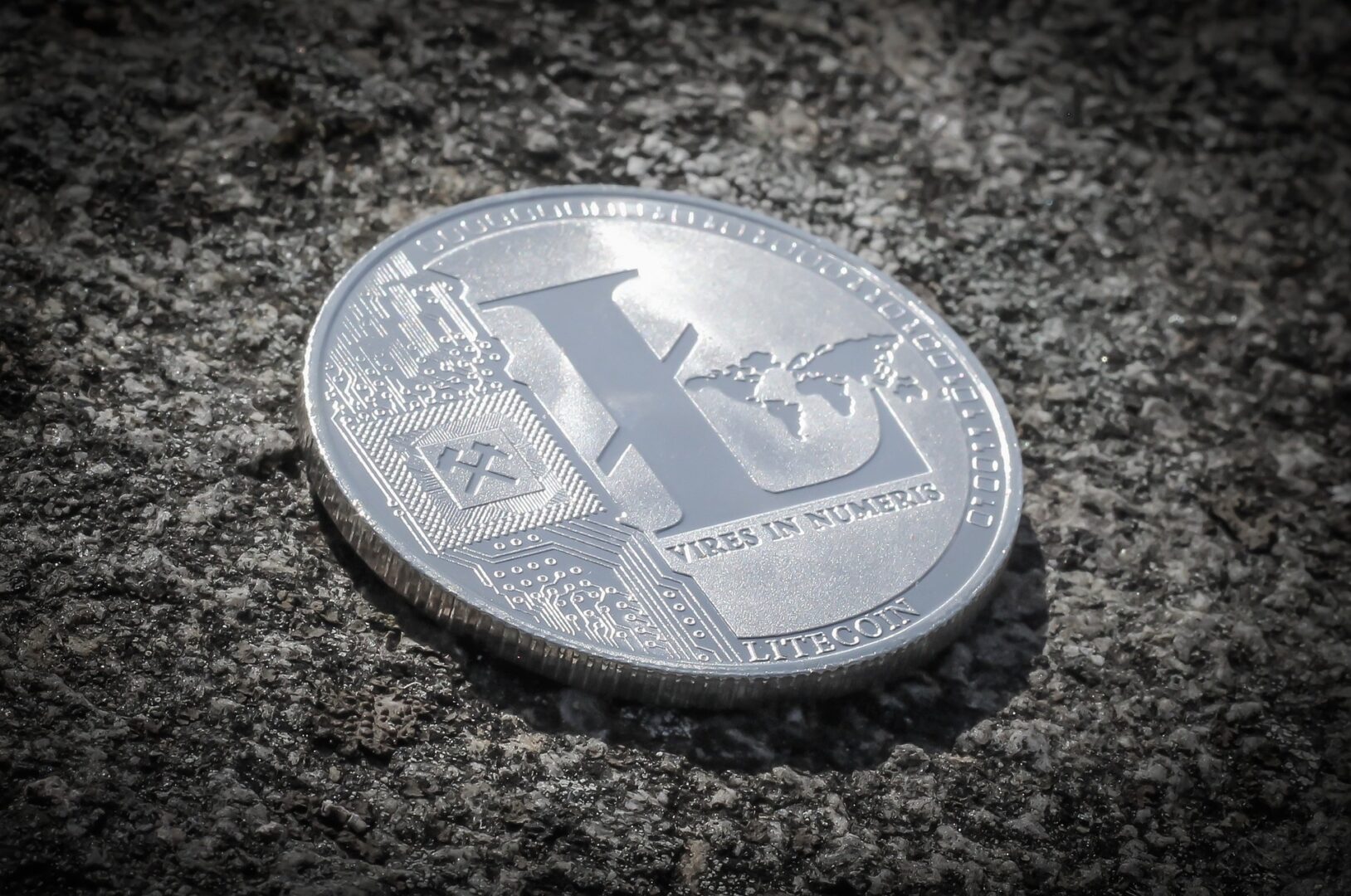Litecoin: An Overview, Use Cases, Earning Opportunities, and Factors Affecting its Value

What is Litecoin?
Litecoin is a decentralized digital currency that allows for fast, low-cost peer-to-peer transactions. Created in 2011 by Charlie Lee, a former Google engineer, Litecoin was designed as a lighter and more scalable version of Bitcoin. It uses a different proof-of-work algorithm called Scrypt, which allows for faster transaction times and lower fees compared to Bitcoin.
Use cases for Litecoin
- Payments: Litecoin’s fast and low-cost transactions make it suitable for everyday payments, both online and in-person.
- Remittances: Litecoin can be used for sending and receiving remittances, as it provides a cheaper and faster alternative to traditional money transfer services.
- Trading and investing: Litecoin is actively traded on various cryptocurrency exchanges, making it an option for traders and investors who want to diversify their portfolios.
Earning opportunities with Litecoin
- Mining: Litecoin mining involves using specialized hardware and software to solve complex mathematical problems, which in turn validate and secure transactions on the Litecoin network. Miners are rewarded with newly minted Litecoin for their efforts.
- Trading: Investors and traders can buy and sell Litecoin on cryptocurrency exchanges, potentially profiting from price fluctuations.
- Holding: Long-term investors can hold Litecoin in their wallets, hoping for an increase in value over time.
Factors affecting Litecoin’s value
- Market sentiment: The overall sentiment in the cryptocurrency market, driven by news, events, and investor perceptions, can impact Litecoin’s price.
- Regulatory developments: Changes in regulations, regulatory measures, and other cryptocurrency-related news can influence Litecoin’s value, as it does with other cryptocurrencies.
- Technical updates: The development and improvement of Litecoin’s technology, such as the activation of SegWit and the implementation of the Lightning Network, can contribute to the growth of the coin and attract new investments.
- Competition: The presence of alternative cryptocurrencies and their successes can also have an effect on Litecoin’s value.
Risks associated with Litecoin
- Volatility: Like other cryptocurrencies, Litecoin is subject to high volatility, which can lead to significant price fluctuations in short periods.
- Regulatory risks: Future regulatory actions could limit the use of Litecoin or hinder its exchange for other currencies.
- Technological risks: All cryptocurrencies rely on blockchain technology, and potential issues, such as scalability, can affect the long-term prospects of Litecoin.
In conclusion, Litecoin is a leading cryptocurrency that offers fast and affordable transactions. It provides opportunities for earning through mining, trading, and holding. However, like any other cryptocurrency, Litecoin has its risks, and it is essential to carefully study and evaluate all factors before investing.






